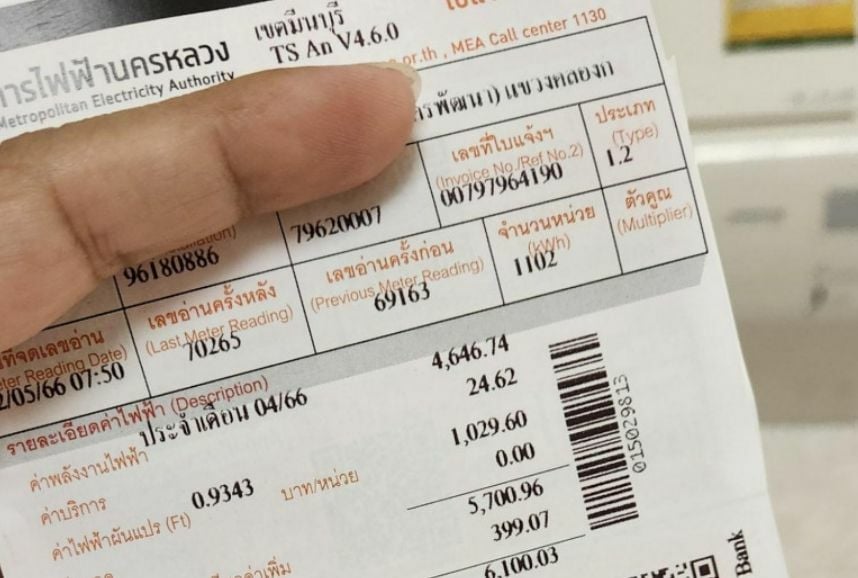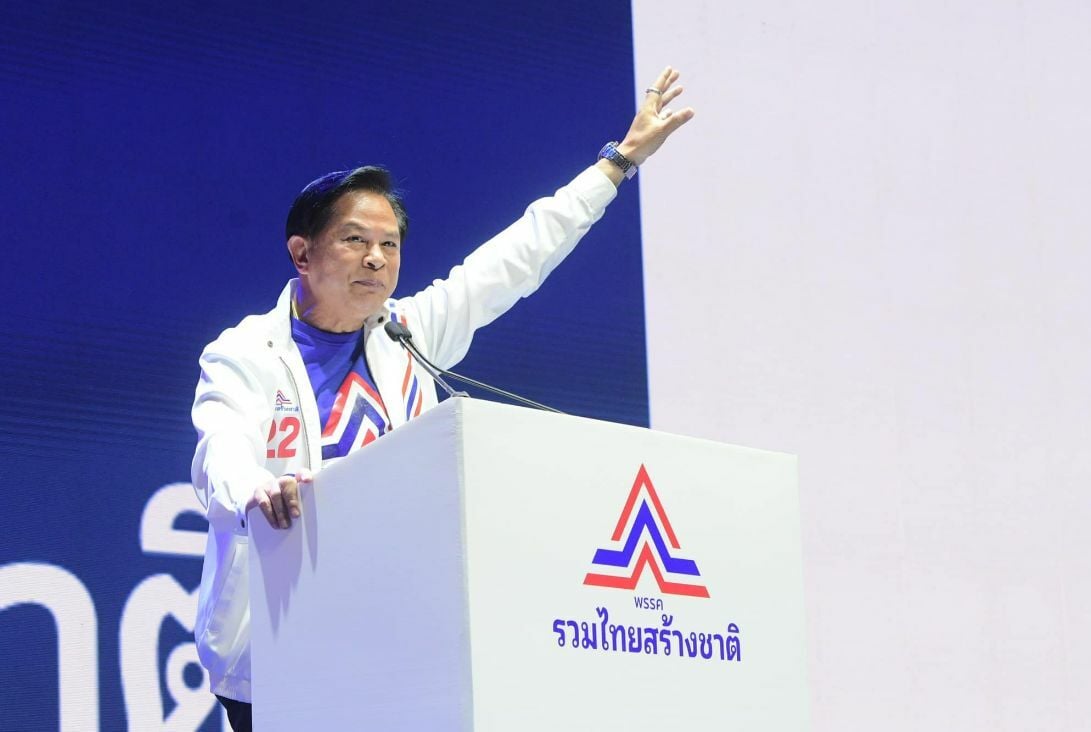Thai govt’s shocking move: Sparks fly as power tariff gets a jolt down

The Thai government, under the leadership of Srettha Thavisin, has swiftly approved a plan to lower the power tariff, with the goal of reducing electricity bills for the public.
The tariff rate has been revised from 4.45 baht to 3.99 baht per kilowatt-hour, applicable from September to December this year. However, for a long-term solution to high electricity costs, a restructuring of the Thai energy price structure may be necessary.
Energy Minister Pirapan Salirathavibhaga suggested a quick solution would be to prolong the period of debt repayment to the state-run Electricity Generating Authority of Thailand (EGAT).
This measure could be implemented by September, avoiding a lengthy consideration process required for other options. The new tariff rate was proposed by Pirapan following a meeting with the Energy Regulatory Commission (ERC) and approved by the cabinet on September 18.
The ERC met with Egat and PTT Plc on September 20 to discuss the implementation of the power tariff policy.
Part of the plan includes Egat adjusting its debt management and PTT decreasing its gas sales prices to 304.79 baht per million British thermal units (BTU) from 323.37 baht per million BTU.

The previous power tariff of 4.45 baht a unit, scheduled for September to December, was determined by three factors: lower gas prices, public opinion, and a need to reimburse EGAT, which reported a loss of 150 billion baht due to subsidising electricity bills between September 2021 and December last year.
This was primarily to alleviate the financial strain on individuals and businesses resulting from the Russia-Ukraine conflict, which caused a surge in global gas prices. However, the power tariff reduction to 3.99 baht per unit will extend the period for EGAT to clear its debt.
EGAT had previously insisted that it could not further decrease electricity bills for the final four months of this year without impacting its future investment in power infrastructure. This suggests that a restructuring of the Thai energy price structure may be necessary for a more sustainable solution to high electricity costs.
A former senior energy official, who requested anonymity, suggested several ways to achieve this. These include gas price management, signing more long-term liquefied natural gas (LNG) purchase contracts, developing a new petroleum site in the overlapping claim area (OCA) in the Gulf of Thailand, and importing more power from Laos.
The Federation of Thai Industries (FTI) welcomed the cabinet’s approval of a lower power tariff but suggested that the government needs to make changes to the Thai energy price structure for a more sustainable solution to high electricity bills.
According to Kriengkrai Thiennukul, chairman of the FTI, the power tariff cut and reduction of diesel prices are a good start, but these can only work in the short term. Therefore, a serious inquiry into the national energy price structure is necessary to avoid a return to costly electricity and oil, reported Bangkok Post.
Follow Thaiger’s latest stories on our new Facebook page HERE.
Latest Thailand News
Follow The Thaiger on Google News:


























